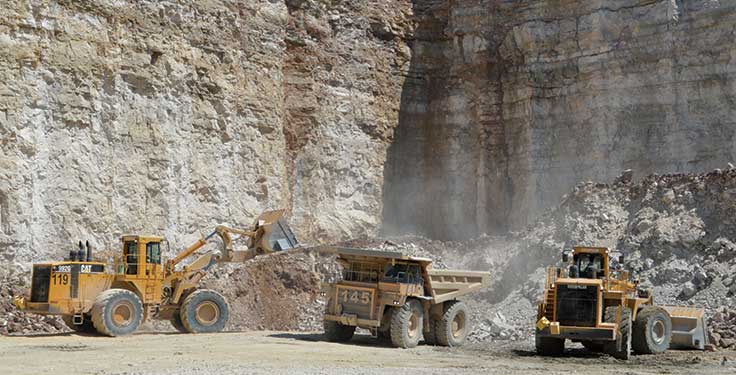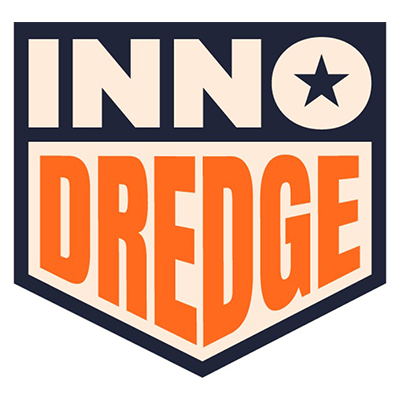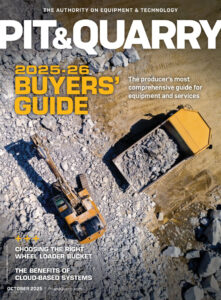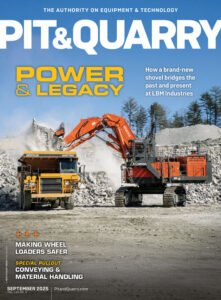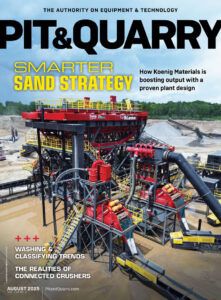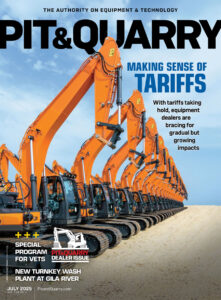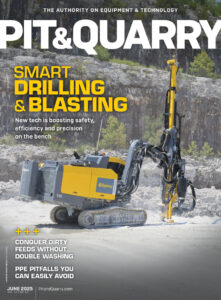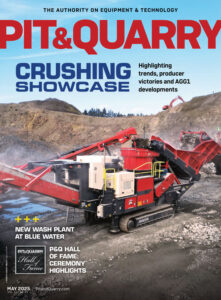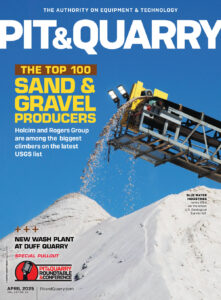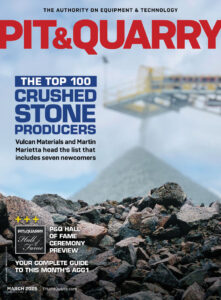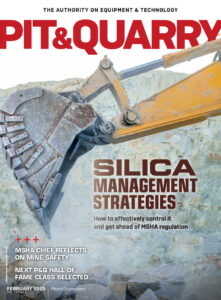The following transcript was edited for brevity and clarity from one of two concurrent Feb. 2 discussions at the 2024 Pit & Quarry Roundtable & Conference. Part 1 of this conversation can be found here.
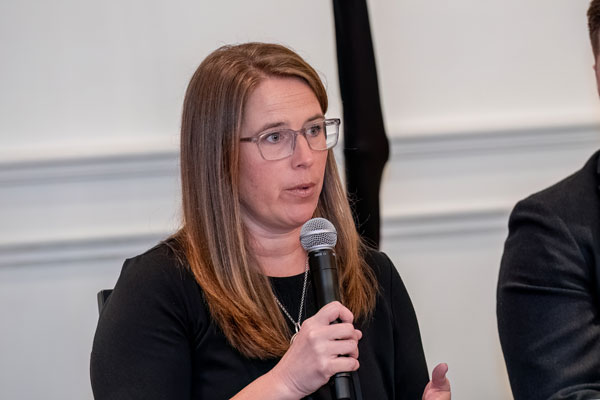
PIT & QUARRY: The public’s perception of the aggregate industry is slowly improving, but more work undoubtedly needs to be done. How would you grade the aggregate industry in recent years in terms of effectively marketing, promoting and telling our story with outside entities?
JAMIE JONES (CAPITAL AGGREGATES): It has gotten better, but I still think we’re behind the times. I mean, we spent our whole lives hiding behind big berms so nobody could see us. And you’re really starting to see some issues whenever we try to expand, or if you’re greenfielding a site. So, I think we need to do a better job. It comes back on us.
Our organization does some great things by donating property for Special Olympics in the city. Right now, we’re trying to get another site so we can donate it for soccer fields that are going to go in. But, even from my own standpoint, I don’t think we’re doing enough to showcase some of the things that we do.
We have another program called Kids Rock. We’ve been doing this for years, trying to do more grassroots-type outreach. We go to a school and try to teach kids a little bit about our industry. Then, we bring them back out to the quarry. We have seen that get some good traction, where kids go and tell their parents how great it is.
Hopefully, this generation is brought up thinking that is not a bad quarry but that it’s really cool what’s going on there.
SARAH SMITH (XYLEM): From my perspective, I’ve seen some really great stories on social media from producers in terms of community involvement. But I don’t know if the citizens in the community actually see these stories. So, more local promotion might be better to help with community engagement.
When I talk to people in my local community about what I do for a living, mining is kind of far out there for them. They don’t really grasp it. So, I think we have an opportunity to really showcase what we’re producing and how that impacts citizens in the community and their daily life.
It’s really eye-opening to them when you start to throw out examples. There are all sorts of tangible things that help connect, and we can show them how important we are to their every day.
JASON RAWLINGS (AUSTIN POWDER): I don’t think most Americans realize what this industry does for the country, so I think we all have to do more. I think that will attract more talent to the industry.
That said, I don’t think ‘IIJA’ (the Infrastructure Investment & Jobs Act) rolls off everybody’s tongue. However, I think most people know about infrastructure – and that was a big win for our industry.
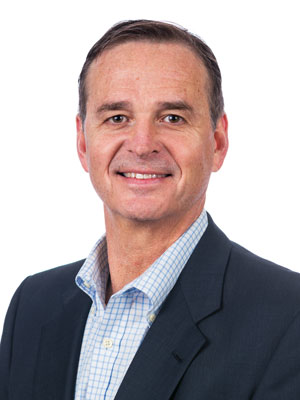
NICK SCHUR (SCHURCO SLURRY): I guess I see it differently. If I’m sitting on a plane next to somebody who asks me what I do – and I tell them I sell slurry pumps to a mining operation – you would think that I’m an evil human being. They see mining as an evil thing that’s out there digging in Mother Earth.
The perception is very bad. We have an office in South Africa, and the perception over there is different. I don’t know if there’s just more people involved in the industry there, but in the U.S. and North America, this is a demonized industry. And it doesn’t matter if you’re a small sand producer or a massive gold operation.
Related: Effectively promoting the aggregate industry’s value (Part 1)

